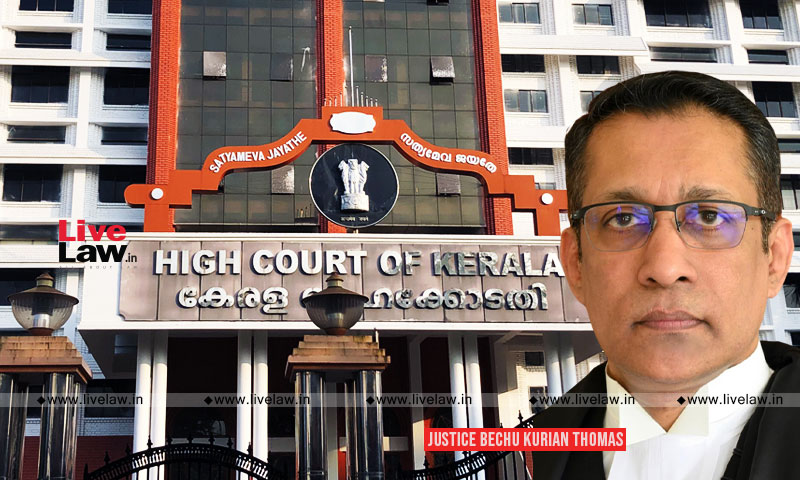The Kerala High Court on Friday dismissed the anticipatory bail pleas of the former Principal of Christian College, Kattakada, G.J. Shyju, and Student Federation of India (SFI) leader Visakh A in the case related to alleged impersonation, falsification of documents and misrepresentation during the college elections held in May 2023.Justice Bechu Kurian Thomas, on being informed that the...

